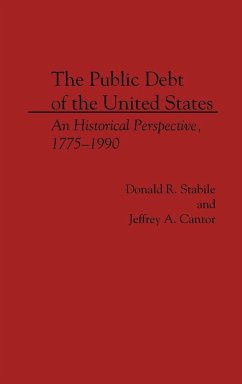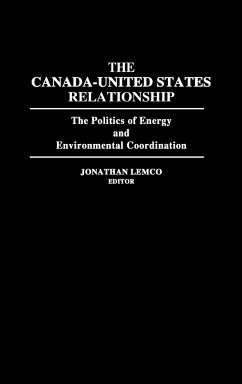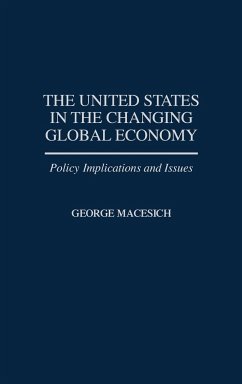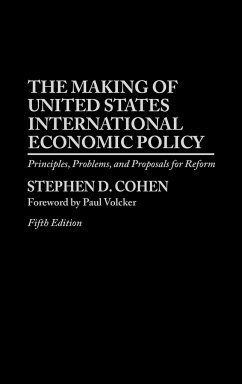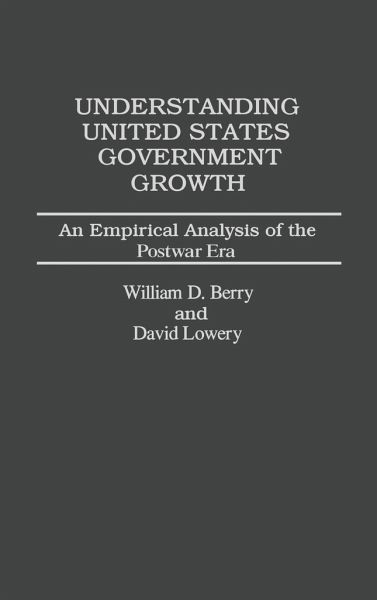
Understanding United States Government Growth
An Empirical Analysis of the Postwar Era
Versandkostenfrei!
Versandfertig in 1-2 Wochen
88,99 €
inkl. MwSt.

PAYBACK Punkte
44 °P sammeln!
Understanding United States Government Growth develops and tests alternative explanations of government growth since World War II. It opens with an analysis of debate about the causes and consequences of government growth, including the excessive government view that the public sector has grown beyond the scope demanded by citizens due to its own structural defects, and the responsive interpretation that government has gown because it has reacted appropriately to external public demands. The authors review the major political and economic explanations for government growth and criticize earlie...
Understanding United States Government Growth develops and tests alternative explanations of government growth since World War II. It opens with an analysis of debate about the causes and consequences of government growth, including the excessive government view that the public sector has grown beyond the scope demanded by citizens due to its own structural defects, and the responsive interpretation that government has gown because it has reacted appropriately to external public demands. The authors review the major political and economic explanations for government growth and criticize earlier empirical attempts to test these explanations. In the second half of the book, they distinguish four components of government growth: growth in the cost of government and growth in the scope of government activities in three domains--transfer payments, domestic purchases, and defense purchases. Both responsive and excessive explanations of each of these components of growth are developed and tested to allow an evaluation of the validity of the two contrasting views about big government.





